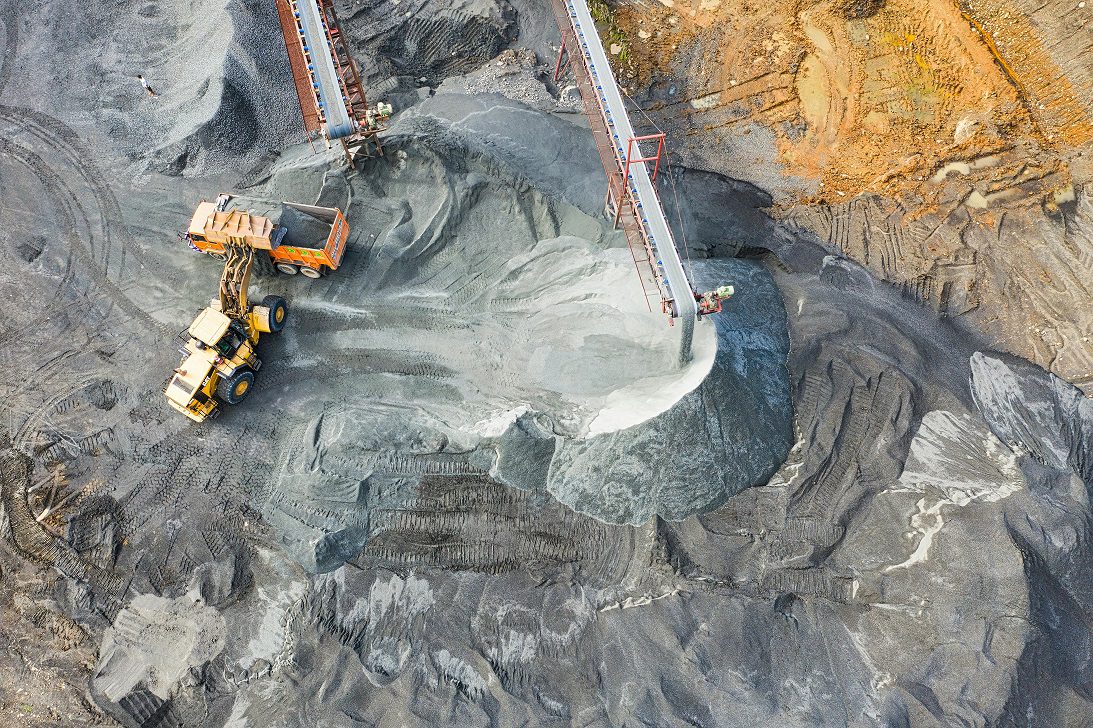
America the Bountiful
The United States is a land that just keeps giving. In the early days of our nation, it was the fertility of the soil that helped feed a growing population and attract newcomers to gain the freedom to prosper. Our country’s natural harbors in Boston and New York facilitated trade. The Mississippi River provided an economical transit route for goods grown and made in the productive heartland.
Oil discovered in western Pennsylvania in 1859 fueled the Industrial Revolution. By 1970 though, it seemed U.S. oil production had peaked. Output declined steadily over the next four decades. If you lived through the 1970s, you may have a hard time believing the U.S. is now the largest producer of oil in the world.
In 1980, global oil reserves (oil in the ground) were estimated at 684 billion barrels. Experts said the world would run out by 2010. In the 43 years since then, 983 billion barrels of oil have been extracted and reserves are currently estimated at 1.7 trillion barrels. The United States is a primary driver of the discovery and development of these new reserves, in large part thanks to extraction methods enabled by new technologies. According to the U.S. Energy Information Administration, in 2023, the United States produced more crude oil than any nation ever has. The U.S. has led global production for six years in a row, and we currently produce more oil than we consume.
This brings us to the latest yield from our fair land, a recent discovery of rare earth elements in Wyoming estimated to be the largest in the world.
Rare earth elements are a set of 17 metallic elements, most of which have esoteric names like ytterbium. They are key raw materials for products as varied as electric vehicles, stadium scoreboards, missiles, firearms, radars, and stealth aircraft.
China has long dominated the known reserves of rare earth elements and their production. Some estimates suggest that the country accounted for 95% of global supply in 2023. China’s dominant position has caused concern because controlling these elements gives leverage over important commerce and components critical for our national security.
The mine in Wyoming is reportedly rich in two of the most in-demand elements, neodymium, and praseodymium (I couldn’t pronounce them either). A discovery made in 1983 demonstrated that combining neodymium with iron and boron makes very strong permanent magnets. These magnets helped make it possible to miniaturize electronic devices (e.g., mobile phones). Praseodymium is used in a variety of alloys. Combined with magnesium, it makes a high-strength metal used in aircraft engines. In other combinations, it also makes permanent magnets.
There had been much hand-wringing about China’s dominance in rare earth materials, just as there had been fretting about the world’s falling oil reserves. Once again, the United States is poised to provide plentifully for our needs, which recalls the words of the great investor Warren Buffett, “Never bet against America.”
Jeff Buck

